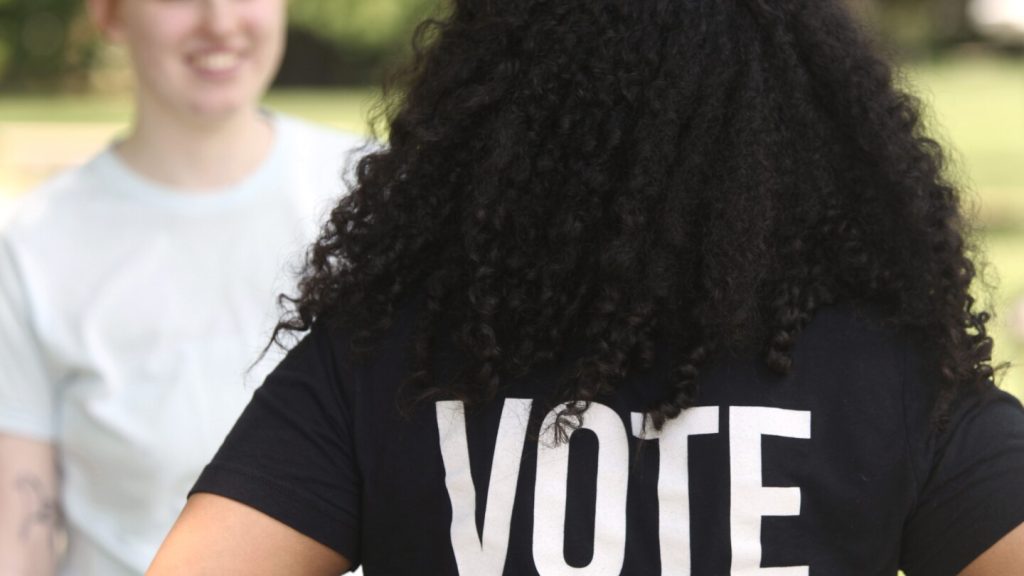Several states, including Florida, Kansas, Missouri, and Texas, have enacted voting restrictions since 2021 that have impacted voter outreach organizations. In Florida, a law signed by Republican Gov. Ron DeSantis imposed fines on third-party voter registration organizations and reduced the time they had to return registration applications. This led to a significant drop in funding and forced some groups to cease operations. A federal judge recently blocked portions of the law, but it had already affected the operations of organizations like Equal Ground and the League of Women Voters.
The League of Women Voters in Florida had to shift away from in-person voter registration to digital outreach due to the new law. This change stripped away the personal connection between workers and communities, as digital tools can be expensive and challenging to use. Voter advocacy groups like Equal Ground are essential because they provide support and information that local election officials may not offer. Some voters believe that these laws are designed to suppress votes, particularly in Black and brown communities, and organizations like MOVE Texas have had to adjust to new regulations to continue their work.
In Kansas, a law was passed that made it a felony for anyone registering voters to impersonate an election official. This forced organizations like Loud Light Kansas to stop their registration efforts for fear of legal consequences. The law and similar ones in Missouri have faced legal challenges from groups like the League of Women Voters and the NAACP, who argue that the restrictions on voter registration violate constitutional rights. The trial for the Missouri law is set for August, and voter rights experts expect to see continued attempts to restrict voting in Republican-controlled states.
The restrictions on voter registration activities are seen as part of a broader effort to target third-party voter registration groups. Voting rights experts believe that these laws are just one aspect of state legislatures’ attempts to address various policy areas related to voting. The Voting Rights Lab’s vice president of law and policy, Megan Bellamy, highlights the importance of monitoring these developments and advocating for policies that protect voting rights. The AP’s explanatory coverage of elections and democracy is supported by several private foundations, emphasizing the significance of understanding and addressing challenges to voter registration and turnout.


